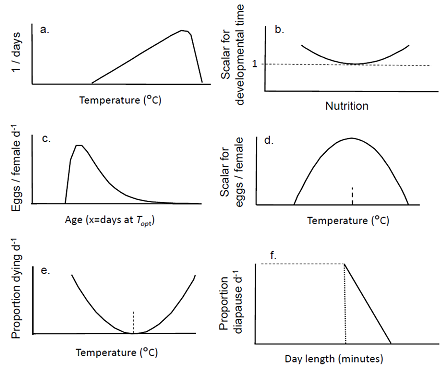Bio-economic analysis of coffee berry borer control
Coffee, after petroleum, is the most valuable commodity globally in terms of total value (harvest to coffee cup). Here, our bioeconomic analysis considers the multitude of factors that influence coffee production. The system model used in the analysis incorporates realistic field models based on considerable new field data and models for coffee plant growth and development, the coffee/coffee berry borer (CBB) dynamics in response to coffee berry production and the role of the CBB parasitoids and their interactions in control of CBB. Cultural control of CBB by harvesting, cleanup of abscised fruits, and chemical sprays previously considered are reexamined here to include biopesticides for control of CBB such as entomopathogenic fungi (Beauveria bassiana, Metarhizium anisopliae) and entomopathogenic nematodes (Steinernema sp., Heterorhabditis). The bioeconomic analysis estimates the potential of each control tactic singly and in combination for control of CBB. The analysis explains ...




